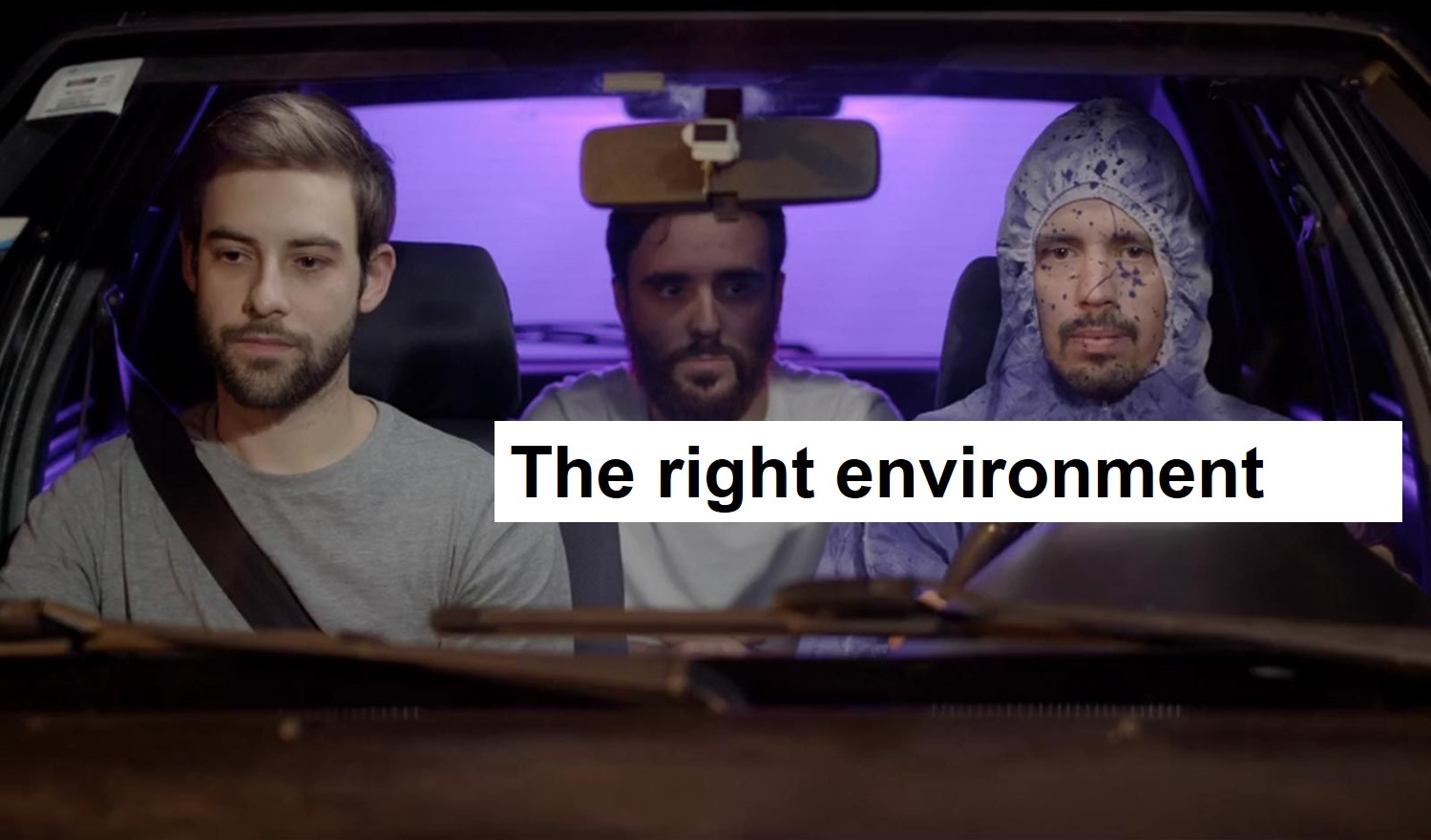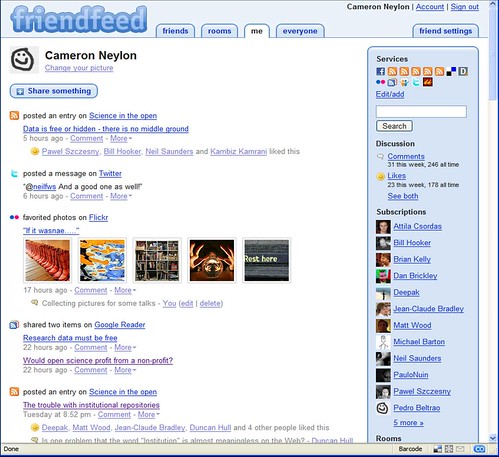
Until no later than September 2020, all EU countries will have to apply at the level of local legislation, the principles and norms of the new version of the European Audiovisual Media Services Directive (AVMSD). Originally rolled out in 1989, and then named as “the television without frontiers directive”, the AVMSD is the key legal document defining the various pillars upon which the cross-border provision of audiovisual media services is built




